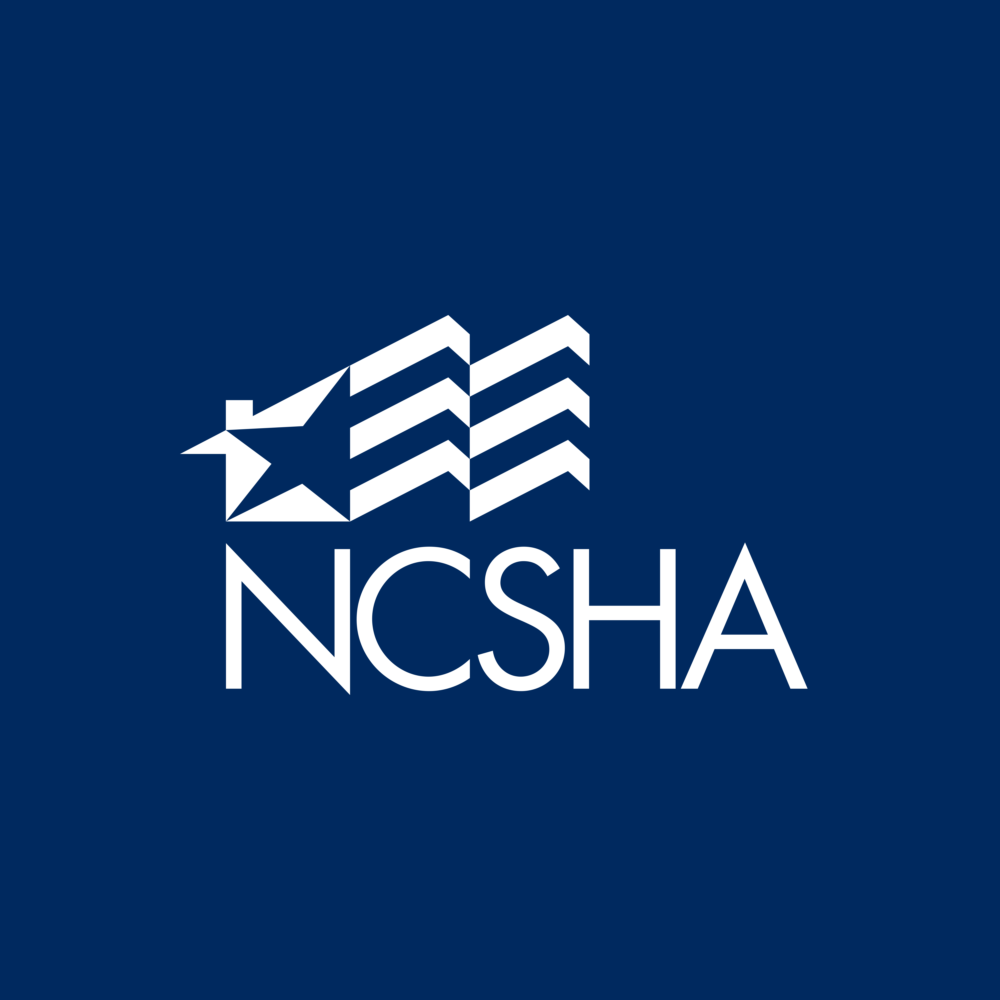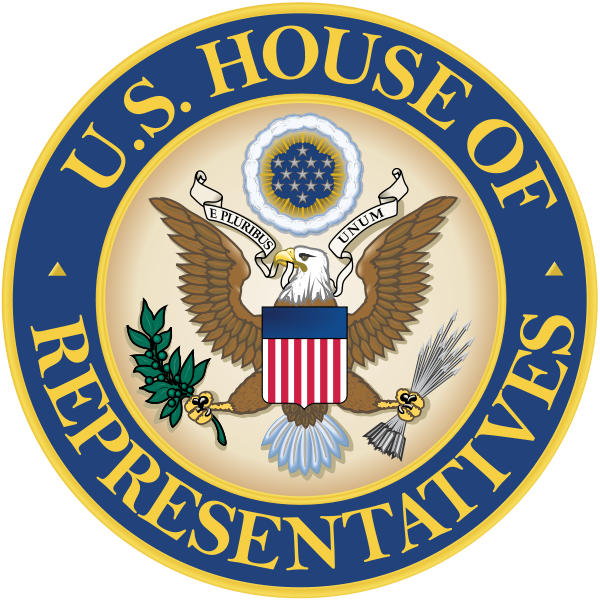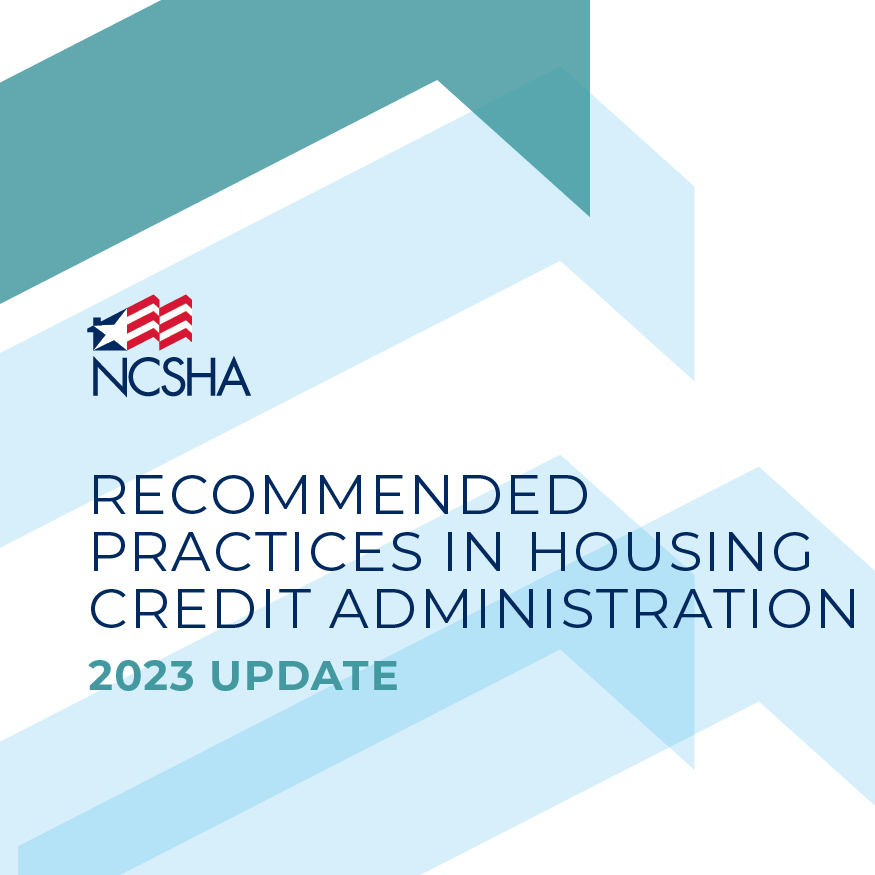Testimony, Comments, Correspondence
NCSHA Joins Letter on the Regulatory Bank Capital Rule
NCSHA and 18 other organizations sent this January 16, 2024, letter to Chairman Martin Gruenberg of the Federal Deposit Insurance Corporation, Vice Chair Michael Barr of the Board of Governors of the Federal Reserve System, and Acting Comptroller Michael Hsu of the Office of the Comptroller of the Currency addressing the Housing Credit and the Bank Capital Rule. The letter urged an application of a lower risk weight of 50 percent to Housing Credit properties in recognition of the strong historic performance of these properties and the importance of supporting robust investment in affordable housing.
NCSHA Letter to Appropriations Committee Leaders on Project-Based Rental Assistance Contract Administration (PBCA)
NCSHA sent House and Senate Appropriations Committee leaders this letter asking them to preserve in any final FY 2024 HUD appropriations legislation the project-based rental assistance contract administration (PBCA) language contained in the Senate-passed FY 24 HUD appropriations bill.
NCSHA Comments to HUD on Draft Payment Supplement Mortgagee Letter 2023-XX
On December 12, 2023, NCSHA sent these comments to the Assistant Secretary for Housing/Federal Housing Commissioner in response to the DRAFT Mortgagee Letter 2023-XX, Payment Supplement.
NCSHA Letter to Treasury, HUD, DOJ, and IRS on VAWA Enforcement Guidance
On December 6, 2023, NCSHA sent this letter to the Secretaries of Treasury and HUD, the Attorney General, and the IRS Commissioner urging them to enter into a Memorandum of Understanding to facilitate the implementation of guidance on application of the Violence Against Women Act to the Housing Credit program.
NCSHA Comments to FHFA on Modified GSE Duty-to-Serve Plans
On December 6, 2023, NSHA submitted the attached commented letter in response to a Federal Housing Finance Agency (FHFA) request for input on changes Fannie Mae and Freddie Mac proposed to their Duty-to-Serve Underserved Market Plans. The letter conveys opposition to Freddie Mac’s proposal to reduce equity purchase goal for 2023. NCSHA also expresses concerns about other downward revisions that both firms propose to various loan and investment goals for 2023.
NCSHA Letter to HUD, Treasury on Federal Financing Bank – Federal Housing Administration Multifamily Loan Risk-Sharing Program
On December 1, 2023, NCSHA sent this letter urging the Secretaries of the U.S. Departments of Treasury and Housing and Urban Development to make the Federal Financing Bank (FFB) – Federal Housing Administration (FHA) Multifamily Loan Risk-Sharing Program permanent or to extend the program for as long as possible.
Bipartisan House Letter to Treasury: Protect Investments in Rural Housing
Twenty bipartisan members of the House of Representatives sent this November 3, 2023, letter to the U.S. Department of Treasury requesting an issuance of guidance clarifying that Fannie Mae and Freddie Mac are not considered tax-exempt controlled entities to preserve critical investments in rural housing.
NCSHA Recommended Practices in Housing Credit Administration
To strengthen Housing Credit administration and continue to merit and maintain congressional confidence in it, states have developed through NCSHA recommended practices in Housing Credit administration. These practices—created by states for states—not only help states meet their responsibilities but also preserve, to the maximum practical extent, the individual state flexibility that is at the heart of the Housing Credit program and its great success.
HOME Coalition Letter to Appropriators Seeking Funding for FY24
On October 2, 2023, the NCSHA-led HOME Coalition sent a letter to Appropriations Committee leaders in both chambers requesting robust funding for the HOME Investment Partnerships program as they wrap up appropriations legislation for Fiscal Year 2024. The letter requests no less than $1.5 billion for HOME, citing the critical need for this program due to many communities’ current housing supply challenges.





